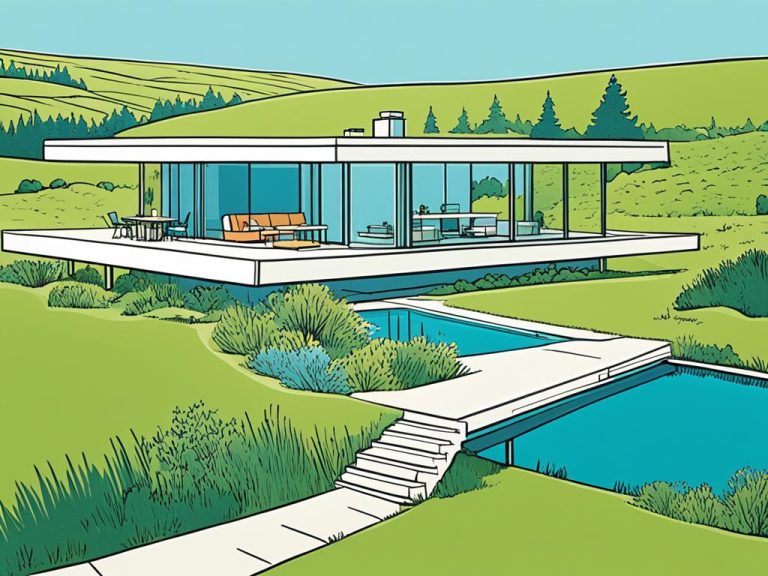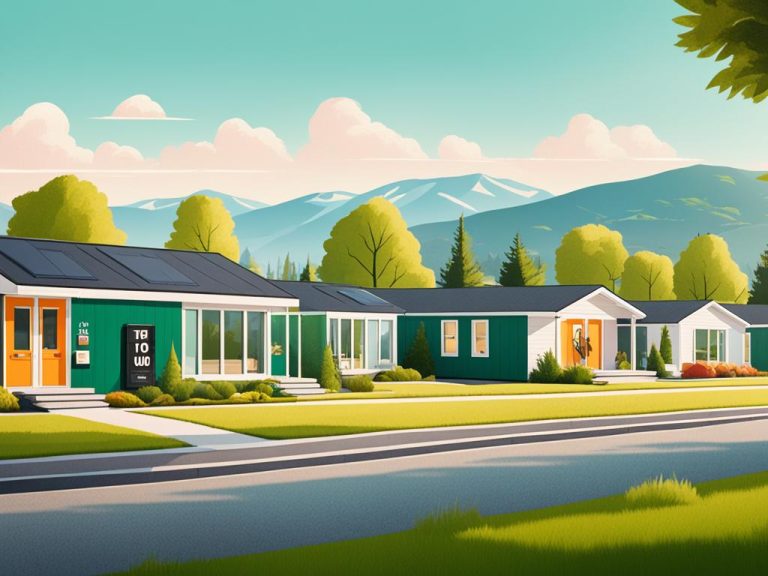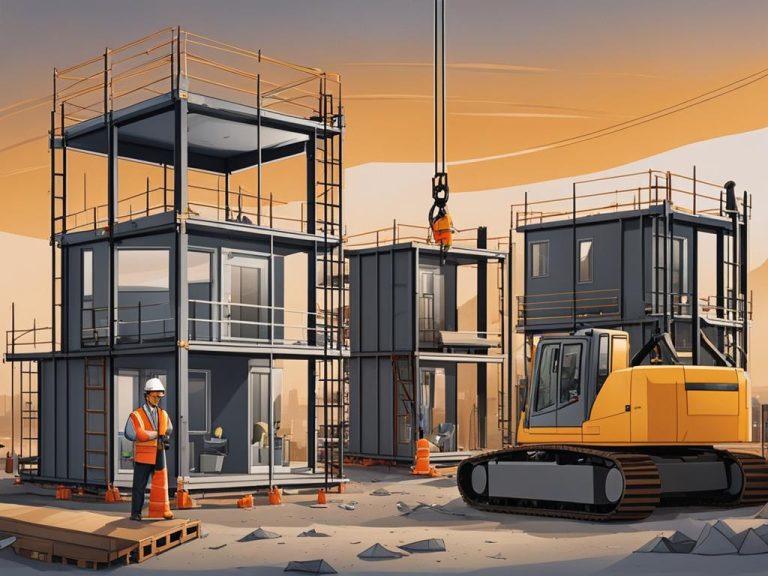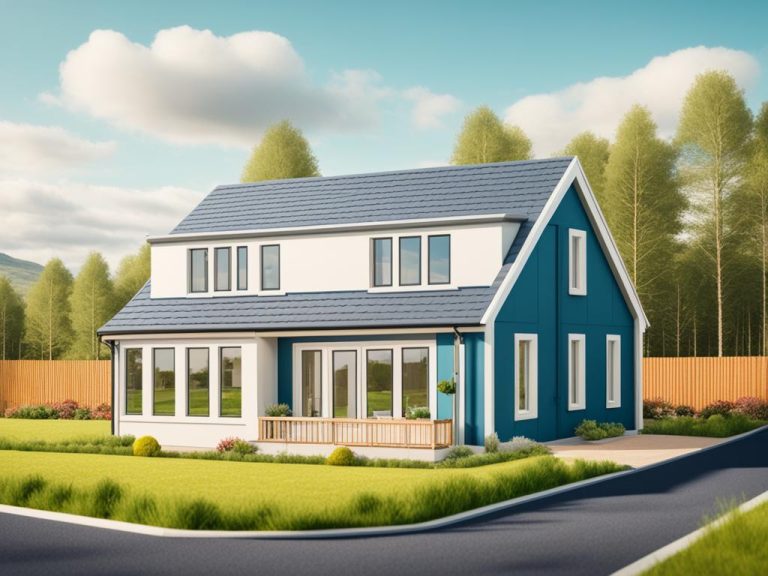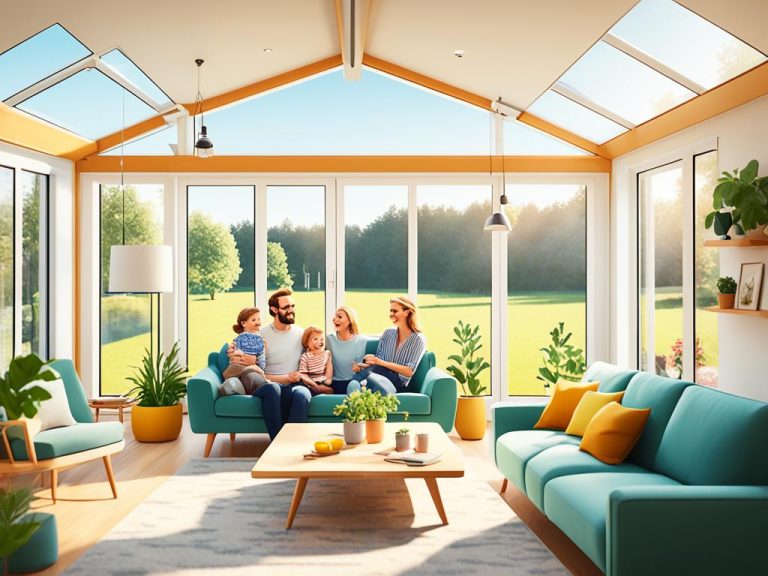Is Remodelling a Modular Home Worth It? A Look at Costs and Re-Sale Value
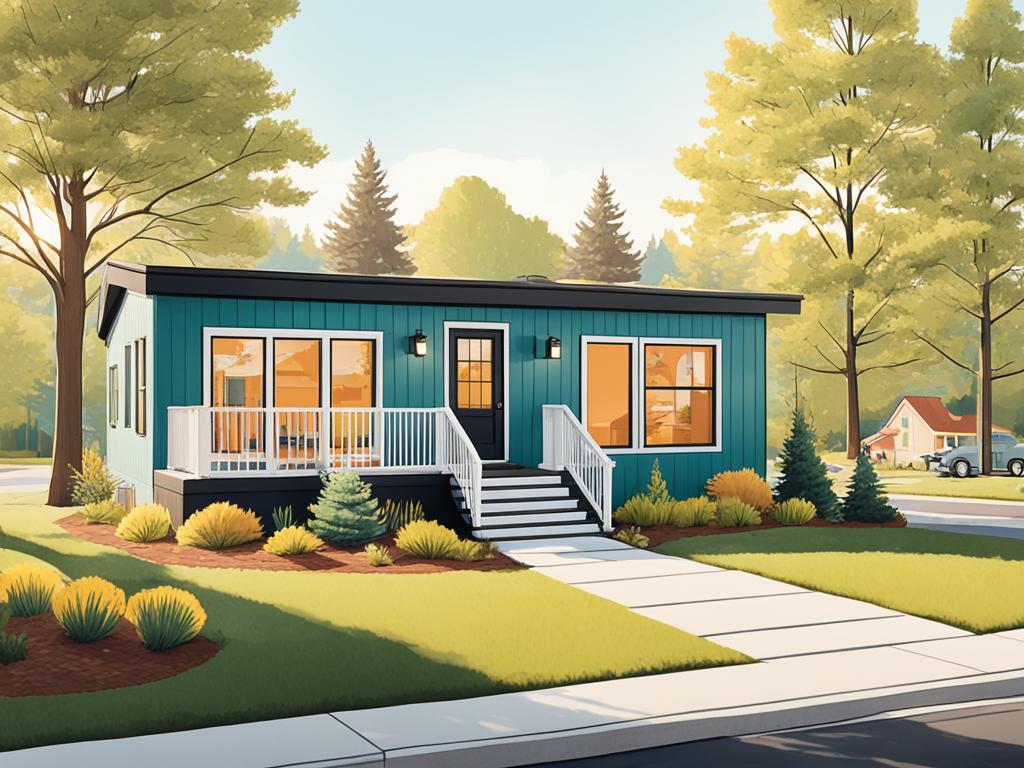
Modular homes have gained popularity in recent years as an affordable and flexible alternative to traditional stick-built homes. But what about remodelling a modular home? Is it worth the investment? In this article, we will explore the costs and re-sale value of remodelling a modular home, providing you with the information you need to make an informed decision.
Key Takeaways:
- Modular homes offer comparable re-sale value to stick-built homes.
- Remodelling a modular home allows for customization without extensive construction.
- Consider structural and budgetary limitations when planning a remodel.
- Regular maintenance and renovations can increase the re-sale value of a modular home.
- Modular homes appreciate and depreciate similarly to stick-built homes.
Advantages of Remodeling a Modular Home
When it comes to remodeling, modular homes offer numerous benefits that can enhance the value and functionality of your living space. With their flexible design and construction, modular homes allow homeowners to customize their properties to meet their specific needs without requiring extensive construction or renovations. Let’s explore some of the advantages of remodeling a modular home:
- Easy Expansion and Modification: Modular homes are incredibly adaptable, enabling easy expansion and modification. Whether you need additional living space, a home office, or a playroom for the kids, it’s a simple process to add new modules to your existing home. By extending your modular home, you can effortlessly increase its square footage and meet changing family requirements.
- Functional Upgrades: Upgrading the functionality of your modular home is a breeze. Enhancements such as replacing skirting or siding, adding insulation, and equipping energy-efficient fixtures can improve your home’s performance, lower energy costs, and create a more comfortable living environment. Additionally, you can optimize the layout of your modular home to suit your lifestyle by reconfiguring rooms or changing the flow of space.
- Cosmetic Changes: Remodeling a modular home also allows for cosmetic changes that can enhance its aesthetic appeal. Whether it’s a fresh coat of paint, updating fixtures, or incorporating modern design elements, these simple alterations can bring new life to your home and increase its attractiveness and value. By staying on-trend with the latest interior and exterior design trends, you can ensure that your modular home remains visually appealing and appealing to potential buyers in the future.
- Cost-Effective Remodeling: Remodeling a modular home tends to be more cost-effective compared to traditional stick-built homes. The controlled construction environment of modular homes ensures a higher level of precision and quality, resulting in fewer defects and reduced construction time. This means that you can enjoy the benefits of remodeling your modular home without breaking the bank.
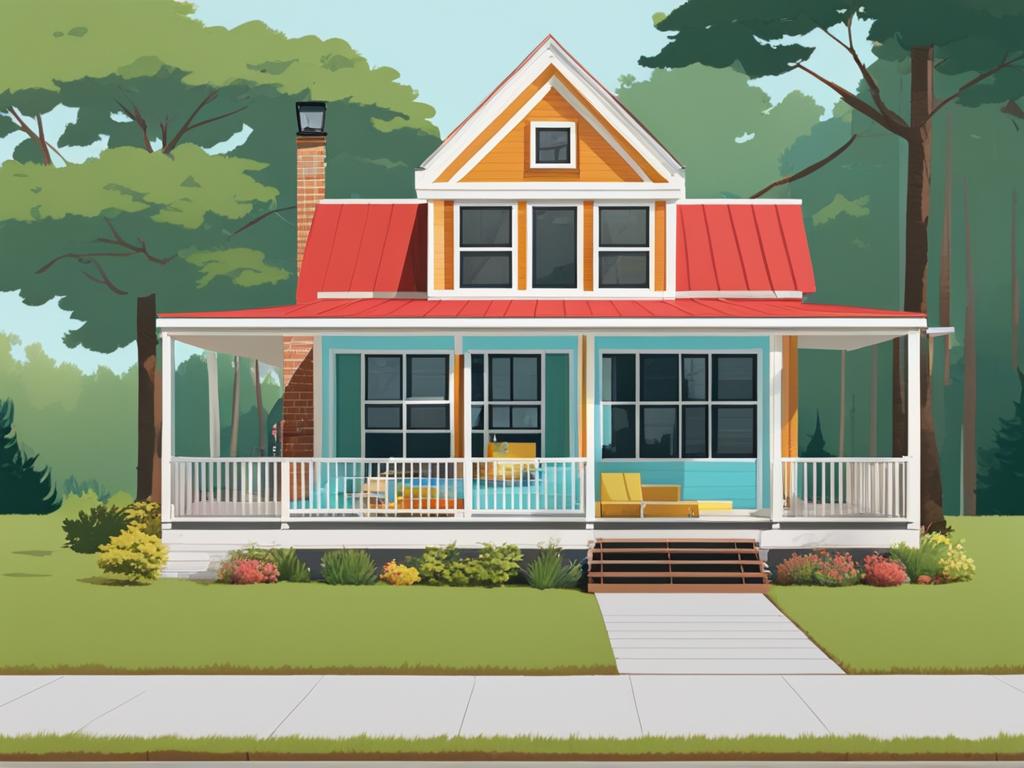
By customizing and upgrading your modular home, you can create a space that aligns perfectly with your needs and preferences. The advantages of remodeling a modular home are clear – increased functionality, improved energy efficiency, enhanced aesthetics, and cost-effectiveness. Whether you’re looking to add value to your home or want to create a more comfortable living environment, remodeling your modular home is a smart investment.
Factors to Consider When Remodeling a Modular Home
When considering a remodel for your modular home, it’s essential to take into account various factors that can impact the success and outcome of your project. By addressing both structural and budgetary limitations, you can ensure a smooth and successful renovation process that meets your specific needs.
Structural Limitations
Before diving into your remodel, it’s crucial to assess any structural limitations that may affect the changes you plan to make. These considerations include:
- Checking for covenants and zoning restrictions in your area to ensure compliance with local regulations and guidelines.
- Evaluating the strength of the foundation to determine if any modifications or additions are feasible.
- Verifying the septic system requirements to ensure that any changes align with existing plumbing infrastructure.
By addressing these structural limitations upfront, you can avoid potential setbacks and ensure that your remodel aligns with the existing framework of your modular home.
Budgetary Limitations
It’s essential to establish a clear budget for your remodel and prioritize projects based on available funds. Obtaining quotes from contractors can help you determine the feasibility and cost of each renovation task. By balancing your desired changes with the potential return on investment, you can make informed decisions that align with your financial goals.
Maintaining Home Value
Throughout the remodeling process, it’s important to consider how changes will impact the overall value of your modular home. By focusing on improvements that add value and appeal to potential buyers, you can maximize your return on investment. Additionally, maintaining regular upkeep and addressing any maintenance issues promptly can help preserve the value of your home in the long term.
Remodeling a modular home offers exciting opportunities to customize and enhance your living space. By considering the structural and budgetary limitations, as well as the potential impact on home value, you can navigate your remodeling journey with confidence.
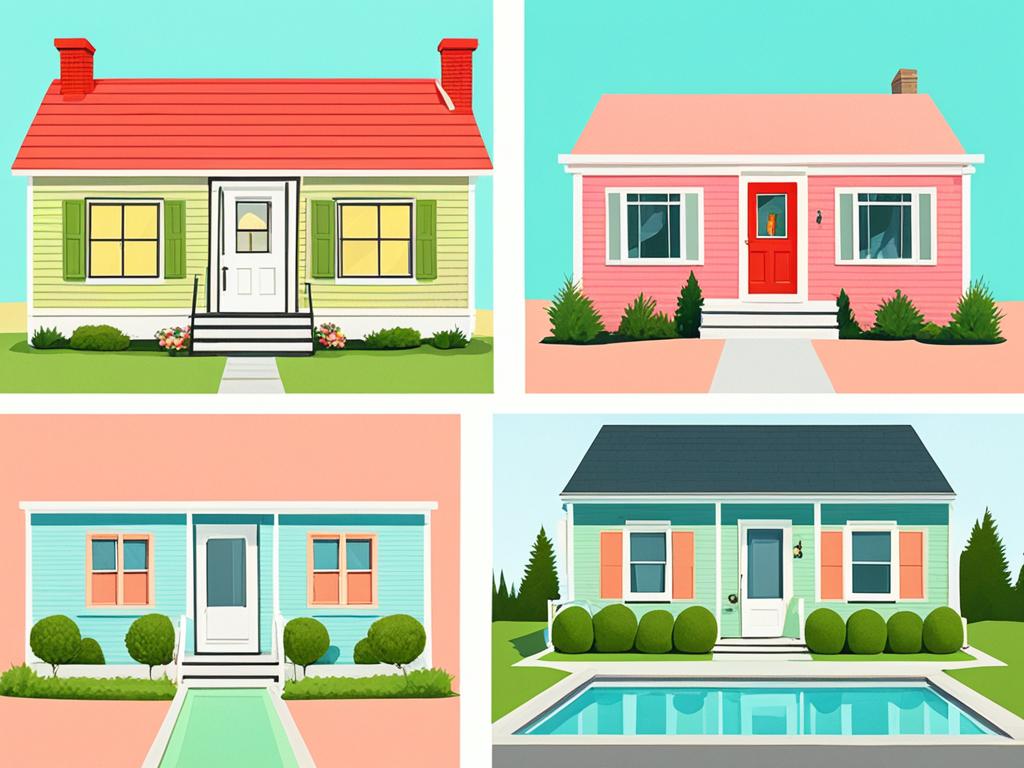
Resale Value of Modular Homes
Modular homes have become increasingly popular as a cost-effective housing option with comparable resale values to stick-built homes. When considering the resale value of modular homes, several factors come into play. The current state of the housing market and the general condition and maintenance of the home can significantly impact its value.
In a seller’s market, where demand exceeds supply, modular homes tend to maintain high value. Potential buyers are willing to pay a premium for a well-maintained and aesthetically pleasing modular home. On the other hand, in a buyer’s market with an oversupply of homes, the value of modular homes may decrease.
Regular maintenance and strategic renovations can help increase the resale value of a modular home. By keeping the home in good condition, addressing any maintenance issues promptly, and making thoughtful improvements, homeowners can enhance the attractiveness and perceived value of their property.
Factors Affecting Modular Home Resale Value:
- Location: The desirability and location of the modular home can greatly influence its resale value. Factors such as proximity to schools, amenities, and transportation play a significant role in determining the property’s attractiveness to potential buyers.
- Quality of Construction: Modular homes are constructed in a controlled environment using precise measurements and high-quality materials. A well-built modular home with sturdy construction, efficient insulation, and superior finishes can hold its value over time.
- Layout and Design: The layout and design of a modular home can impact its resale value. A well-designed home with a functional floor plan, ample natural light, and desirable features can command a higher resale price.
- Upgrades and Renovations: Thoughtful upgrades and renovations can increase the resale value of a modular home. Adding energy-efficient features, modernizing the kitchen and bathrooms, and enhancing the curb appeal through landscaping can attract potential buyers and justify a higher asking price.
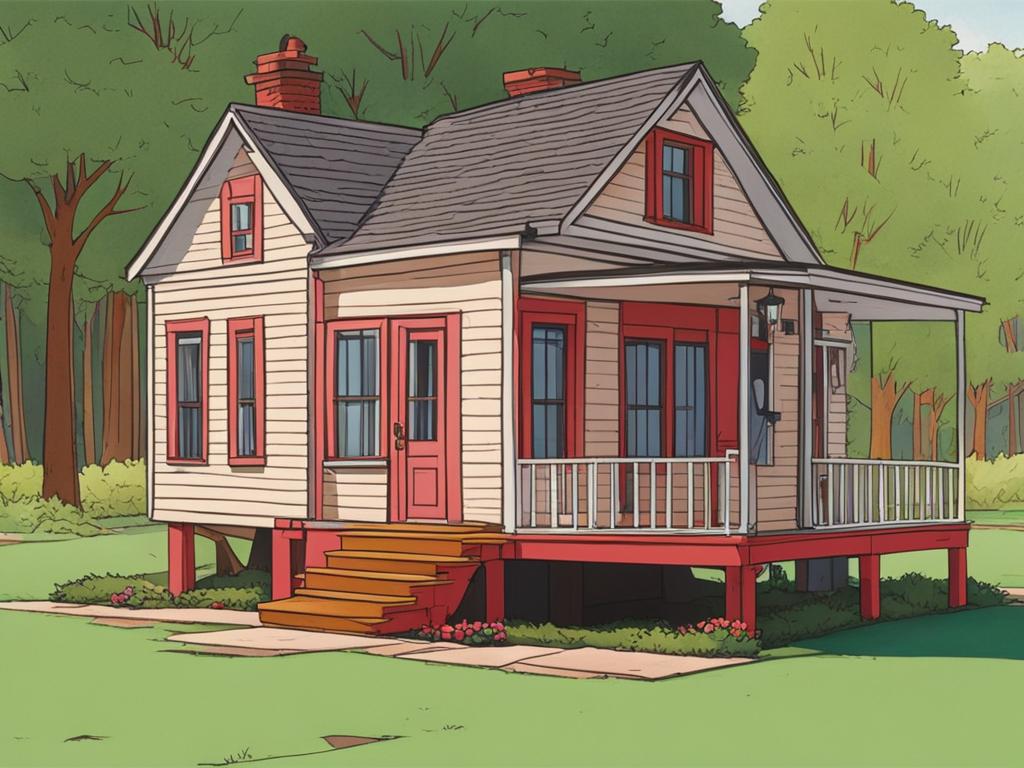
In conclusion, modular homes can hold their value over time and have comparable resale values to stick-built homes. Factors such as the current state of the housing market, the condition of the home, and strategic renovations all contribute to the overall resale value. By considering these factors and making informed decisions, homeowners can maximize the potential resale value of their modular homes.
How Modular Homes Appreciate and Depreciate
Modular homes, like their stick-built counterparts, follow a similar pattern of appreciation and depreciation over time. Appreciation refers to the increase in value, while depreciation signifies a decrease. These fluctuations are influenced by two main factors: the housing market and the overall condition of the home.
The housing market plays a crucial role in determining the value of modular homes. Just like stick-built homes, modular homes are subject to market fluctuations. In a seller’s market, where demand is high and inventory is low, modular homes tend to hold their value or even appreciate. On the other hand, in a buyer’s market, where there is an excess of available homes, the value of modular homes may decrease.
The general condition of a modular home also affects its appreciation and depreciation. Regular maintenance, renovations, and upgrades can help increase a home’s value over time. These can include replacing outdated fixtures, upgrading insulation and energy-efficient systems, renovating kitchens and bathrooms, or enhancing the overall curb appeal. By ensuring that the home is well-maintained and up to date, homeowners can contribute to the appreciation of their modular home.
Conversely, neglecting maintenance and failing to make necessary repairs and updates can lead to depreciation. Without proper care, a modular home may lose value over time, which can impact its potential resale value. It is essential for homeowners to prioritize regular maintenance and address any issues promptly to avoid potential depreciation.
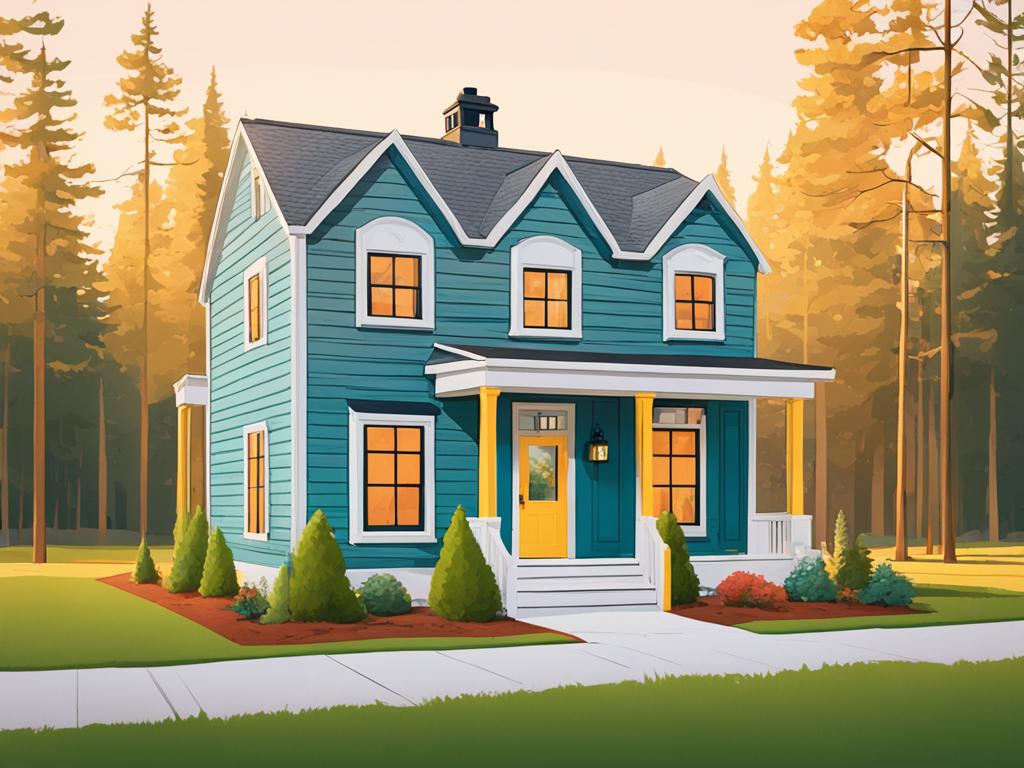
Benefits of Modular Homes
Modular homes offer numerous advantages that enhance their overall value and appeal to homeowners. Their affordability, durability, energy efficiency, and customization potential make them a popular choice in the housing market.
1. Affordable
One of the key benefits of modular homes is their affordability. These homes are typically more cost-effective compared to traditional stick-built homes. The controlled construction environment and efficient building processes help reduce labor and material costs, allowing homeowners to save money without compromising quality.
2. Durable
Modular homes are built to be highly durable. The construction process involves using high-quality materials and advanced engineering techniques. This ensures that modular homes can withstand various weather conditions and have a longer lifespan compared to conventional homes. Their sturdy construction makes them a reliable and secure housing option.
3. Energy-Efficient
Another advantage of modular homes is their energy efficiency. These homes are designed to maximize energy conservation, reducing the environmental impact and lowering energy costs for homeowners. From insulation and HVAC systems to energy-efficient appliances, modular homes are built with sustainable features that help minimize energy consumption.
4. Customizable
Modular homes offer a high level of customization, allowing homeowners to design their homes according to their specific needs and preferences. Whether it’s choosing the layout, room sizes, fixtures, or finishes, homeowners have the flexibility to personalize their space without the need for extensive renovations. The modular construction process allows for easier modifications and expansion in the future, ensuring that the home can adapt to changing lifestyle requirements.
Overall, the benefits of modular homes, including affordability, durability, energy efficiency, and customization potential, make them an appealing choice for homeowners looking for a modern and practical housing solution.
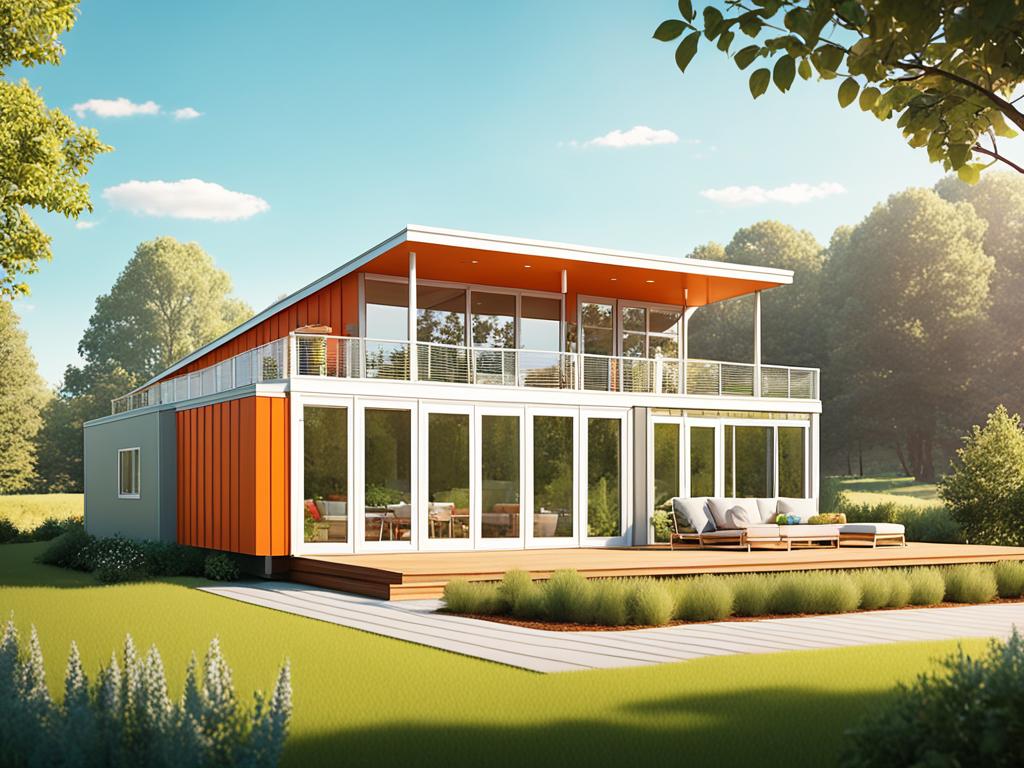
Conclusion
When contemplating whether it is worth remodeling a modular home, the answer lies in the numerous benefits and advantages that modular homes offer. One significant advantage is their comparable resale value to stick-built homes, making them a viable investment. Additionally, modular homes are more affordable to build and maintain higher quality standards.
Market conditions, regular maintenance, and strategic renovations play crucial roles in maximizing the overall value of a modular home. Homeowners should carefully evaluate their budgetary constraints and structural limitations before embarking on any remodeling project, ensuring they prioritize projects based on the potential return on investment.
By customizing and upgrading their modular homes, homeowners have the opportunity to enhance their living spaces, improve functionality, and increase their property’s re-sale value. With careful consideration and planning, remodeling a modular home can prove to be a wise investment for homeowners seeking to create their dream home while maximizing its long-term value.
FAQ
Is remodeling a modular home worth it?
Remodeling a modular home can be worth it considering the various benefits and advantages of modular homes. They offer comparable resale value to stick-built homes while being more affordable to build and maintaining higher quality.
What are the advantages of remodeling a modular home?
Remodeling a modular home allows homeowners to customize their homes to their specific needs without the need for extensive construction or renovations. It also offers the potential to easily expand or modify the home both cosmetically and functionally.
What factors should be considered when remodeling a modular home?
When remodeling a modular home, homeowners should consider both structural and budgetary limitations. Structural limitations include checking for covenants, zoning restrictions, foundation strength, and septic system requirements. Budgetary limitations require prioritizing projects based on available funds and obtaining quotes from contractors.
What is the resale value of modular homes?
The resale value of modular homes can vary depending on factors such as the current state of the housing market and the general condition and maintenance of the home. In a seller’s market, modular homes tend to maintain high value, but in a buyer’s market, the value may decrease.
How do modular homes appreciate and depreciate?
Modular homes appreciate and depreciate similarly to stick-built homes. Factors that affect appreciation and depreciation include the housing market and the general condition of the home. Regular maintenance and renovations can help increase a home’s value, while neglect can lead to depreciation.
What are the benefits of modular homes?
Modular homes offer several benefits such as affordability, durability, energy efficiency, longevity, and customization potential. They are built in a controlled environment, ensuring higher quality and longevity. Additionally, modular homes are energy efficient, reducing energy costs for homeowners.
Should I remodel a modular home?
Remodeling a modular home can be worth it, considering the various benefits and advantages of modular homes. Factors such as market conditions, regular maintenance, and renovations can contribute to the overall value of a modular home. Homeowners should carefully consider their budget and structural limitations when remodeling and prioritize projects based on potential return on investment.

